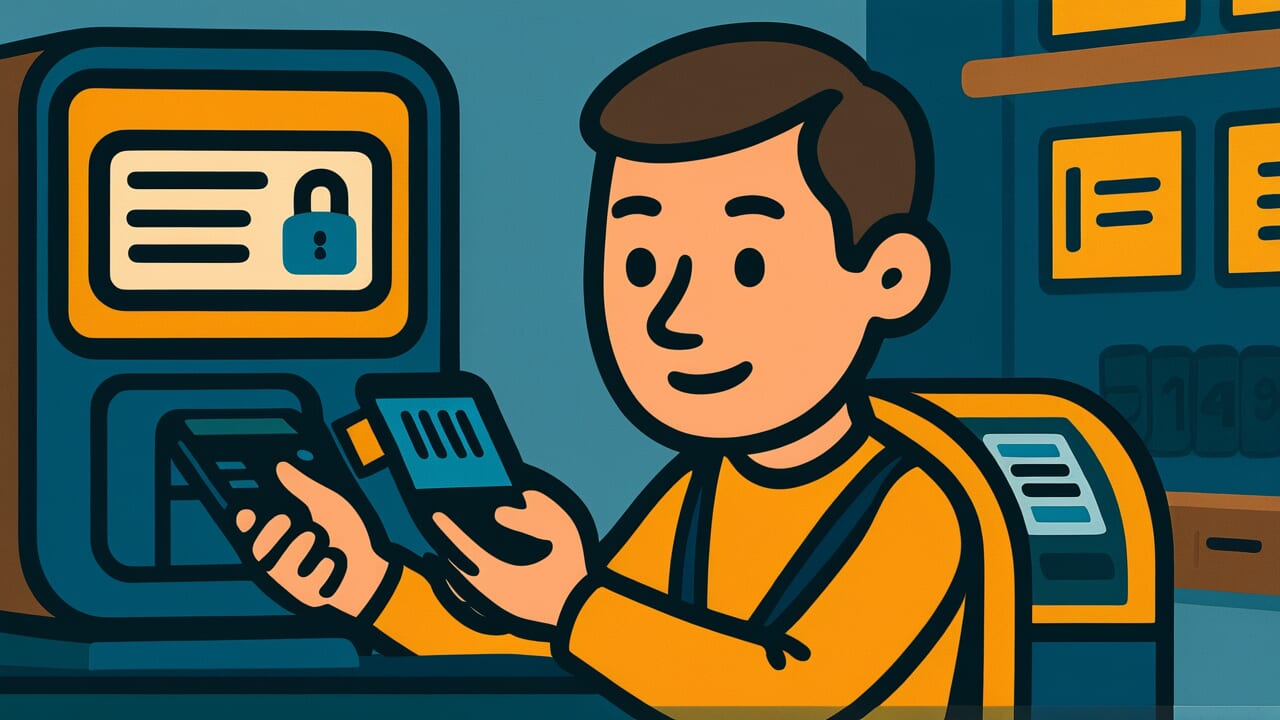How to Read “Pay when you have it, no pressing for payment”
Aru toki barai no saisoku nashi
Meaning of “Pay when you have it, no pressing for payment”
“Pay when you have it, no pressing for payment” is a phrase used when lending money. It shows consideration for the borrower’s financial situation.
The lender says the borrower can repay when they have money available. The lender promises not to press for payment.
This is more than just a payment delay. It expresses trust and compassion toward the borrower.
This proverb is used when someone faces temporary financial hardship. The person clearly cannot repay right away.
The lender understands the situation and chooses to wait without pressure. For the borrower, not being pressed for payment reduces mental stress.
They can focus on getting their life back on track.
This spirit lives on today when family or close friends lend money to each other. However, we must remember something important.
Behind the words “no pressing for payment” lies an unspoken trust. The borrower is expected to repay without fail.
Origin and Etymology
The exact origin of this proverb is unclear. However, it likely spread among common people during the Edo period.
Merchants and craftsmen of that time didn’t only deal in cash. Credit-based transactions were common and based on trust.
Bad weather could ruin crops. Fires and other disasters struck without warning. Temporary inability to pay was not unusual.
This proverb was born in such harsh living conditions. It expressed the lender’s generosity.
“Pay when you have it” means you can repay when money is available. “No pressing for payment” is a promise not to collect the debt forcefully.
What’s interesting is how this phrase functioned. It wasn’t just a payment condition. It served as proof of trust in human relationships.
The borrower felt grateful for the lender’s kindness. They felt a moral responsibility to repay without fail.
The lender understood the other person’s hardship. They showed compassion by waiting until the borrower had means.
This mutual trust is the essence of the proverb. It embodies wisdom from an era when spoken promises mattered more than legal contracts.
Usage Examples
- If you’re struggling with unexpected expenses, I’ll lend you money. Pay when you have it, no pressing for payment, so don’t worry.
- He lent me money with pay when you have it, no pressing for payment terms, so I’ll never forget this kindness and will definitely repay him.
Universal Wisdom
“Pay when you have it, no pressing for payment” captures the essence of trust in human society. Why has this saying been passed down for so long?
It reveals a universal truth. True human relationships are tested most when people face their hardest times.
Everyone faces unexpected difficulties at some point. The pressure to repay immediately makes an already painful situation even worse.
This proverb shows consideration for those in vulnerable positions. It represents a form of human kindness.
But the true depth of these words goes beyond the lender’s generosity. “No pressing for payment” actually places great responsibility on the borrower.
Without legal enforcement, moral responsibility becomes heavier. Because no one presses you, you must repay on your own.
This tension appeals to human conscience.
This proverb has endured because we instinctively understand something important. We value the invisible bond of trust between people.
Contracts and laws cannot measure this. Through something material like money, we confirm spiritual bonds.
This is the essence of human relationships. It doesn’t change with time.
When AI Hears This
This arrangement seems heavily disadvantageous to the lender at first glance. But game theory’s signaling theory reveals a surprisingly clever strategy hidden within.
In normal lending, the borrower must prove they can repay. But poor people lack the means to prove this.
When the lender declares “I won’t press for payment,” the situation reverses. The borrower now faces a choice: honor this kindness or default.
This functions as a screening device that reveals the other person’s integrity.
More importantly, the promise not to press is itself a “costly signal.” The lender voluntarily abandons collection methods.
This demonstrates genuine trust in the other person. Behavioral economics experiments show something interesting.
When people receive one-sided trust, they feel strong psychological cost in betraying that expectation. A double sense of debt emerges: the financial loan plus the debt of trust received.
The brilliance of this mechanism lies in its trade-off. It cannot completely prevent defaulters.
But it builds strong reciprocal relationships with honest people. In repeated game environments like village societies, one betrayal means never being trusted again.
This promise is strategic investment. It accepts short-term loss risk in exchange for the large return of long-term cooperative relationships.
Lessons for Today
This proverb teaches modern people what true trust really means. We live in a society that manages everything with contracts and rules.
This is certainly necessary. But haven’t our human relationships become too contractual at times?
This proverb shows the possibility of more flexible and warmer human connections. When someone is in trouble, have the courage to help without conditions.
And when helped, never forget that kindness. When you stand on your own feet again, repay with integrity.
This mutual trust builds truly rich human relationships.
Modern society demands immediate results. But this proverb teaches the value of trusting and waiting for people.
It teaches the value of responding when trusted.
Can you be the one who trusts and waits for someone? And when trusted, do you have the strength to honor that trust?
This question is the gift from this proverb.



Comments